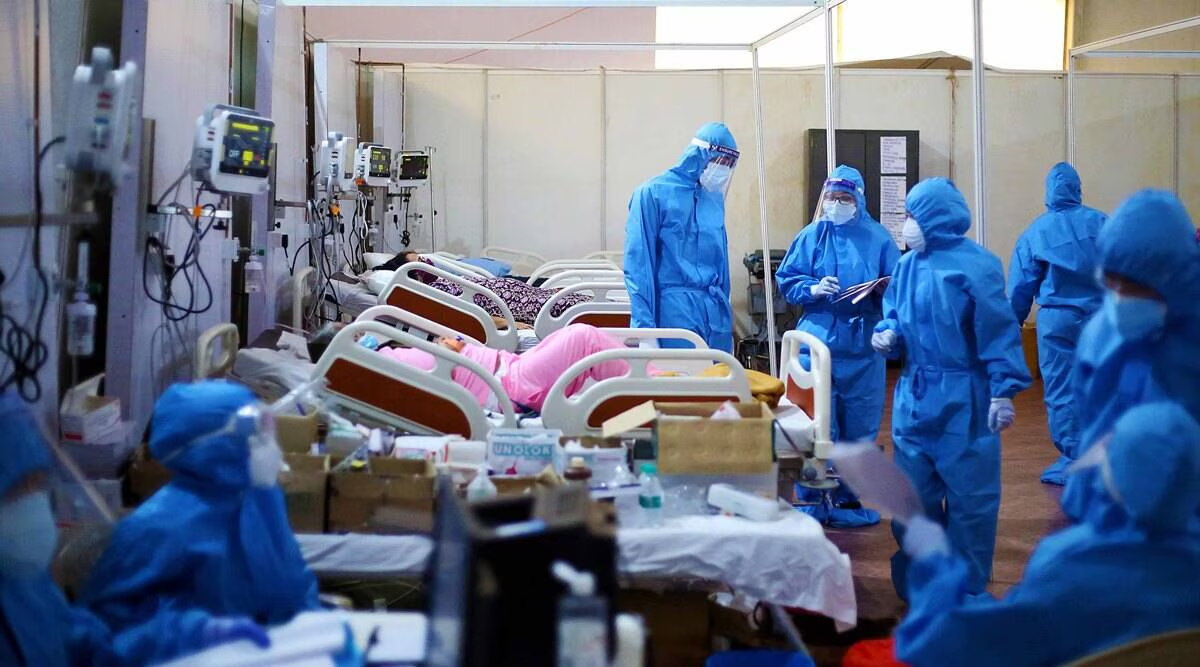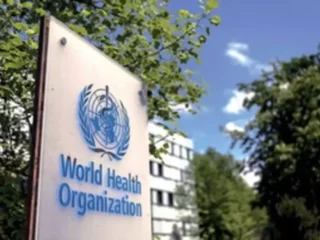New Delhi, 16 June 2025: In a significant breakthrough that deepens our understanding of long COVID, scientists have discovered that a specific lung gene may be directly linked to lingering Post-COVID symptoms. According to a recent genetics study, a variant of the gene FOXP4, which is crucial for lung function and immune regulation, could explain why some individuals continue to experience symptoms such as breathlessness, fatigue, brain fog, and chest pain long after recovering from the initial COVID-19 infection.
Researchers found that people carrying a particular version of this gene were more likely to develop post-acute sequelae of SARS-CoV-2 infection (PASC), commonly known as long COVID. The discovery provides compelling evidence that genetics play a key role in determining how a person’s body responds to the virus and recovers from it, suggesting that long COVID is not only caused by the virus itself but also by how a person’s genetic makeup influences lung healing and immune response.
What Scientists Discovered About the FOXP4 Gene and Lung Recovery
The gene FOXP4 is known to influence lung development and the body’s ability to repair lung tissues after inflammation or injury. The new study, which analyzed genomic data from thousands of COVID-19 patients, revealed that individuals with a certain variation of FOXP4 were more susceptible to prolonged respiratory and systemic issues after infection. This gene variant seems to impair how quickly the lungs can heal from viral damage, allowing inflammation to persist longer than usual. In essence, the altered FOXP4 gene might reduce the efficiency of immune recovery pathways, prolonging the presence of symptoms even after the virus has cleared from the body. Experts say this is the first time such a direct genetic link to long COVID symptoms has identified, making it a potentially game-changing discovery in the field of post-viral syndromes.
Why Some People Suffer Long-Term Effects: The Genetics Behind Long COVID
Since the beginning of the pandemic, doctors have puzzled by the vast differences in COVID-19 recovery outcomes. While some people bounce back within days, others continue to suffer for months. This study offers an important piece of the puzzle by highlighting that inherited genetic traits. Especially those related to lung function—could influence how long symptoms persist. The FOXP4 gene variant doesn’t just affect lung healing. It also appears to affect how the immune system switches off its inflammatory response. If this process delayed or dysfunctional, patients may trapped in a cycle of low-grade inflammation that causes fatigue, breathlessness, or cognitive issues. This may also help explain why some seemingly healthy and young individuals impacted by long COVID. Even if they had only mild symptoms during their acute infection.
Personalized Treatment and Early Detection: What This Means for Healthcare
The discovery of the lung gene link could pave the way for precision medicine approaches to treat or even prevent long COVID. Scientists suggest that genetic screening could eventually help identify people at higher risk of developing post-COVID symptoms. These individuals could prioritized for closer monitoring, early intervention. Or even experimental therapies aimed at improving lung repair and reducing inflammation. Drug developers may also begin to explore targeted treatments that enhance FOXP4 function or compensate for its deficits. Furthermore, these insights could guide the design of future therapies not only for long COVID but also for other viral illnesses that lead to persistent symptoms due to impaired lung recovery.
For millions struggling with unexplained symptoms long after testing negative for COVID-19, this discovery offers much-needed validation. The study confirms that long COVID rooted in measurable biological factors—and not just psychological or environmental ones. As countries continue to grapple with the pandemic’s long tail. Such genetic findings will be essential to shaping public health policy, healthcare strategies, and future pandemic preparedness. Experts now urge global collaboration to expand genetic studies across more diverse populations. As different gene variants may affect people differently depending on ethnicity and region. Ultimately, understanding how our DNA influences post-COVID health outcomes could revolutionize the way we approach recovery and resilience in the face of viral threats.










